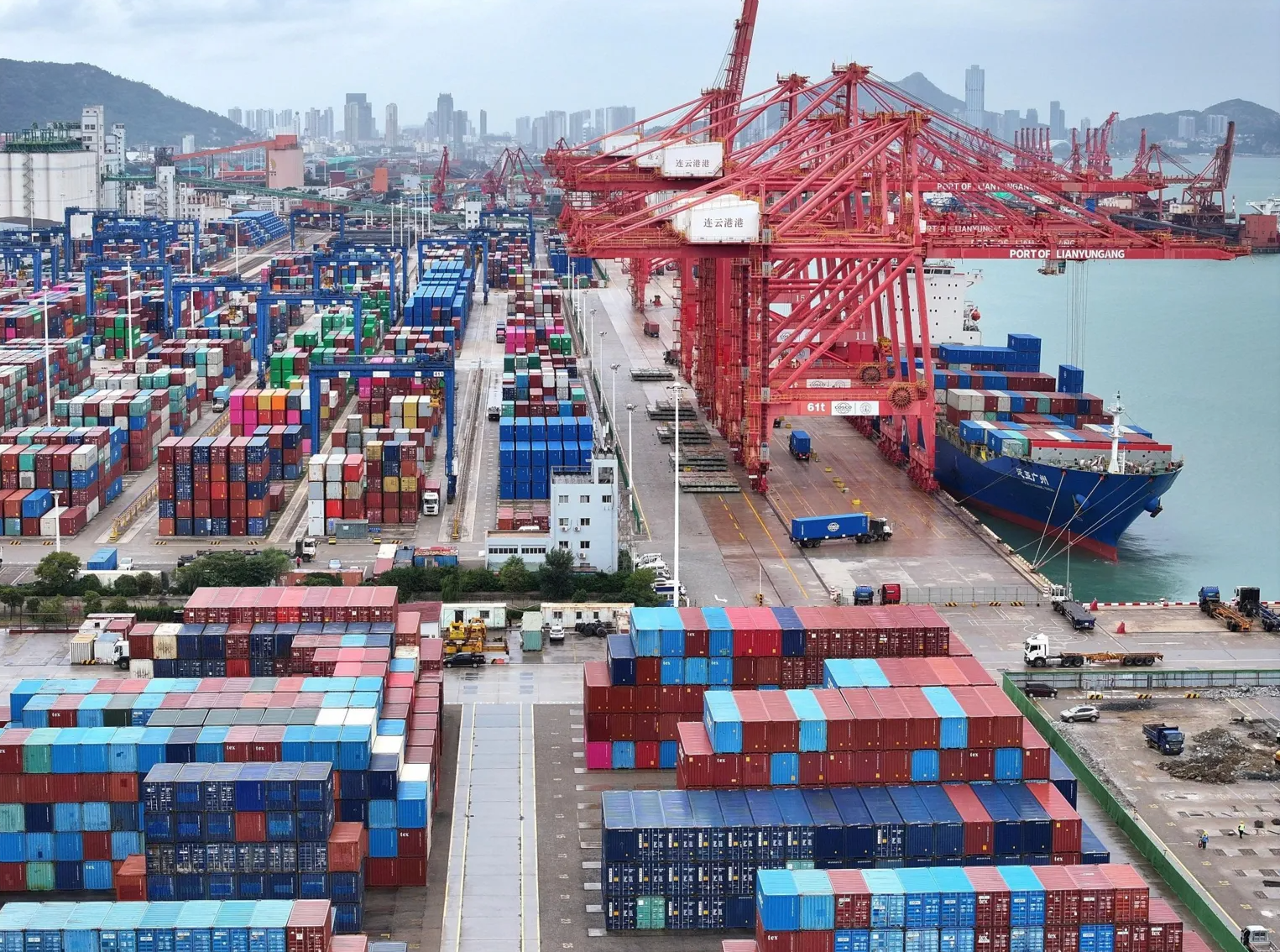
The accord, brokered at the International Maritime Organization (IMO), sets binding targets for shipowners to shift towards cleaner fuels starting in 2028 or face fines of up to $380 per tonne of CO₂. It marks the first time any sector has been given an international mandate to curb emissions.The breakthrough, however, was far from smooth. Saudi Arabia forced a rare vote among delegates — an unusual step in UN negotiations, which typically strive for consensus — while the United States abruptly exited the talks over concerns about inflationary impacts.Despite the turbulence, the agreement passed on Friday. But it left many disappointed. Small island nations and climate advocates criticised the deal for failing to implement a universal carbon levy, calling it inadequate in the face of the climate emergency.Shipping is responsible for roughly 3% of global greenhouse gas emissions. Unlike other major industries, it has made limited progress in cutting its carbon output, relying heavily on cheap, dirty fossil fuels like heavy fuel oil — a residual by-product of refining crude oil.
"There's no fuel cheaper than what ships use now," said Faig Abbasov of the think tank Transport & Environment. "It's what's left at the bottom after we take out aviation fuel and petrol — nothing else comes close in cost."
Cleaner alternatives like green ammonia and e-kerosene are significantly more expensive, partly because their production requires energy-intensive processes like hydrogen electrolysis. The World Economic Forum estimates that such fuels can cost up to four times more than conventional marine fuels.The IMO agreement aims to close that gap by penalising emissions and using the revenue to fund a "Net Zero" fund. Proceeds will go toward accelerating clean fuel infrastructure and aiding developing nations in the transition.But critics warn the measures may not be enough to drive the sweeping investments needed. "You've given shipowners a nudge," said Jesse Fahnestock of the Global Maritime Forum. "But whether it's enough to unlock the billions required for green fuel production — that's still uncertain."The final deal was a compromise. A more ambitious plan that included a blanket carbon tax was dropped, largely due to opposition from oil-producing states and fears voiced by countries like China and Brazil about rising costs for basic goods.
Vanuatu's energy minister Ralph Regenvanu accused countries like the US and Saudi Arabia of undermining efforts to limit global heating to 1.5°C. "They blocked progress at every turn," he said.Environmental campaigners also expressed frustration. "This was a missed chance for shipping to lead," said Delaine McCullough of the Clean Shipping Coalition. "What we got was far short of what's needed."Still, some see cause for optimism. Maritime consultancy UMAS projects the deal could cut sector emissions by 8% by 2030 — a modest step towards the IMO's official target of a 20% reduction by the decade's end.The agreement is expected to be formally adopted in October.